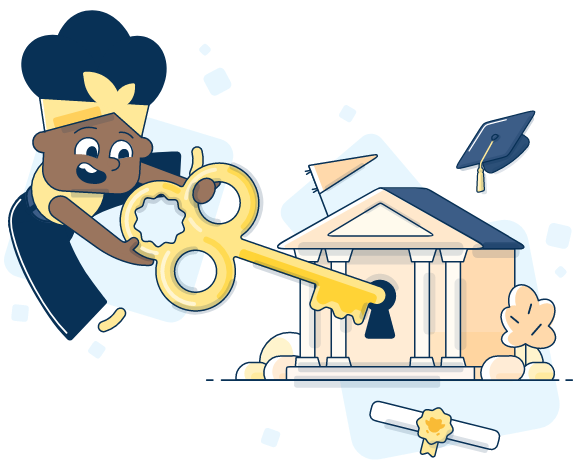Dr. Mir Abdullah Miri is a teacher-scholar with a wealth of experience in educational research, consultancy, refugee education, teacher training, and English language teaching. He is currently a Postgraduate Research Student at the University of Bath, as well as a consultant for the World Bank.
Imagine dedicating over a decade to teaching English at the university level in a developing country, obtaining a master’s degree in TESOL at a US university, and engaging in research with national and international organizations.
Now, imagine being told that your extensive background is not enough to continue your studies in the UK, simply because you haven't provided a recent IELTS score or similar English proficiency test.
Does the system work for refugees?
This scenario, which I have personally encountered, is very common. I know of Afghan refugees in other countries who recognize the value and importance of education as a gateway to a better future, but cannot afford the high fees for standardized English tests which, in some contexts in Afghanistan, cost more than an entire family's monthly salary.
The automatic requirement of standardized English test scores, with no consideration for candidates’ academic and professional journey, is perplexing, and reveals a systemic issue in university admissions: a strict adherence to standard criteria that often overlooks the unique circumstances and competencies of individuals from refugee backgrounds.
This raises several questions: Why are universities clinging to a one-size-fits-all approach, especially when it comes to evaluating the language skills of international students, including those from refugee backgrounds? Does the current language proficiency criteria unfairly disadvantage refugee students seeking higher education? Are the current language proficiency criteria failing more refugee students to have access to higher education? Is it time to reimagine language requirements for refugee scholars?
How can digital assessments help?
For me, the turning point came when my supervisors intervened to champion an alternative assessment for evaluating my language skills, based on my publications, professional experience, and the interview I had with them. This shows the importance of flexibility in assessments for non-traditional applicants.
However, it's important to note that not everyone may have access to such supportive supervisors willing to challenge the system. Therefore, establishing adaptable measures universally is critical to ensure access to higher education for people from refugee backgrounds. In such contexts, the affordability and online format of the Duolingo English Test present it as an accessible choice for applicants from refugee backgrounds, emphasizing the importance of innovative solutions in breaking down barriers to higher education
Having lectured in Afghanistan for over a decade, I've observed the transformative impact of education, particularly in crisis contexts. For individuals in developing countries, especially those caught in conflict, education can be a lifeline, offering hope for a better future. It’s not just about acquiring knowledge; it's about unlocking opportunities.
This is especially meaningful for female students in Afghanistan, who are subject to severe educational constraints. For these women, and for so many people around the world, innovative, accessible digital language assessments like the DET can help narrow the educational divide for refugees.
What more must be done?
As we consider the future of higher education for refugees, it's clear that a comprehensive strategy is essential. Beyond tackling language barriers, there's a pressing need for inclusive admissions processes that acknowledge and appreciate the diverse backgrounds and accomplishments of refugee students.
We need universities, businesses, governments, and aid groups that help refugees to join forces to enhance educational access for refugees. This includes creating fairer admissions policies and better support systems.
A great example of the kind of collaboration I’m talking about is the partnership between Duolingo and the UNHCR, aimed at helping refugee students with higher education applications and financial aid. Similarly, the generosity of organizations like the Rumi Organisation for Research, which has provided nearly 200 vouchers to Afghan students to take the DET free of charge, stresses the major impact of community support on educational access.
By fostering partnerships and making the most of technological progress, we can make education more accessible, empowering refugees to reconstruct their lives and make valuable contributions to their new communities and the wider world.
Refugees have a right to education!
The path refugees take towards higher education is filled with obstacles, but it's a path that deserves our full support. By embracing empathy, creativity, and teamwork, we can remove the barriers they encounter, reinforcing the idea that education is a basic right, not a privilege and when the right access to education is offered, opportunities arise. Together, we can turn the challenges into opportunities, creating a more inclusive and fair future in education.
